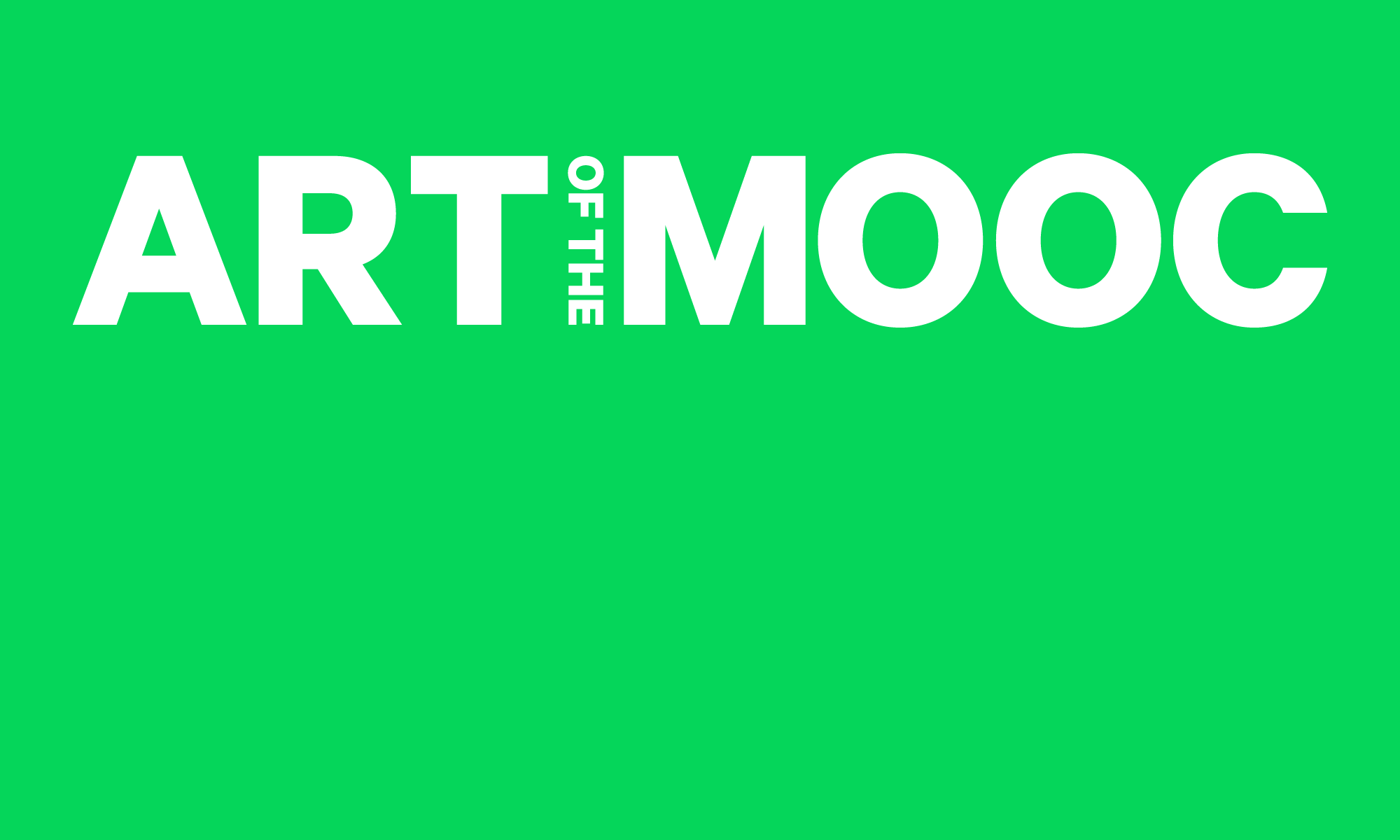With it being election season (at Duke and in the US) and with the week’s theme being displacement, coming to mind are a series of joke campaigns that have mocked the political process and brought into the political realm what otherwise be excluded.
Most recently in the US, we’ve had Vermin Supreme, who’s made such outrageous promises during past elections as giving every US citizen a pony and making laws that all citizens must brush their teeth.
Last year, I also read L.M. Bogad’s Electoral Guerrilla Theatre, a wonderful book which details three other mock campaigns. One campaign was launched in the 70s in Amsterdam by the Kabouters, an anarchist and environmentalist group known by the Dutch word for gnome. Squatting in abandoned buildings and smoking marijuana in Amsterdam City Hall as a way to advocate for its legalization, the Kabouters said that as gnomes they spoke for the plants and wanted the plants to be represented in government. To their surprise, they actually won seats in Parliament and continued their disruptive performance art in Amsterdam City Council.
The book also mentioned Joan Jettblakk, a drag performer of color who ran for President in 1992. With a camp sensibility, Joan Jettblakk used her platform to ask why people like her were never included in government. At this time when queer visibility was increasing but also undergoing some assimilationism, Jettblakk aimed to bring radical queer culture into the public eye.
Bogad’s last example is Pauline Pantsdown, a DJ and drag performer from Australia who impersonated a racist and anti-immigrant candidate, Pauline Hanson, who was not unlike Donald Trump in the US, Geert Wilders in the Netherlands, or other right-wing politicians sweeping Europe right now. Pauline Pantsdown created musical parodies using recorded speeches of Pauline Hanson, exposing her as ridiculous and climbing to the top of the Australian charts during election time.
By bringing the absurd and the marginal into the realm of politics, these candidates and groups were able to criticize politics as usual but also to present visions of utopia. What if a drag queen could become president? What if plants did have representation in government? When ideas and people are excluded or displaced from the realm of the political, these artists each asked what could be achieved by placing them back in the political realm.
